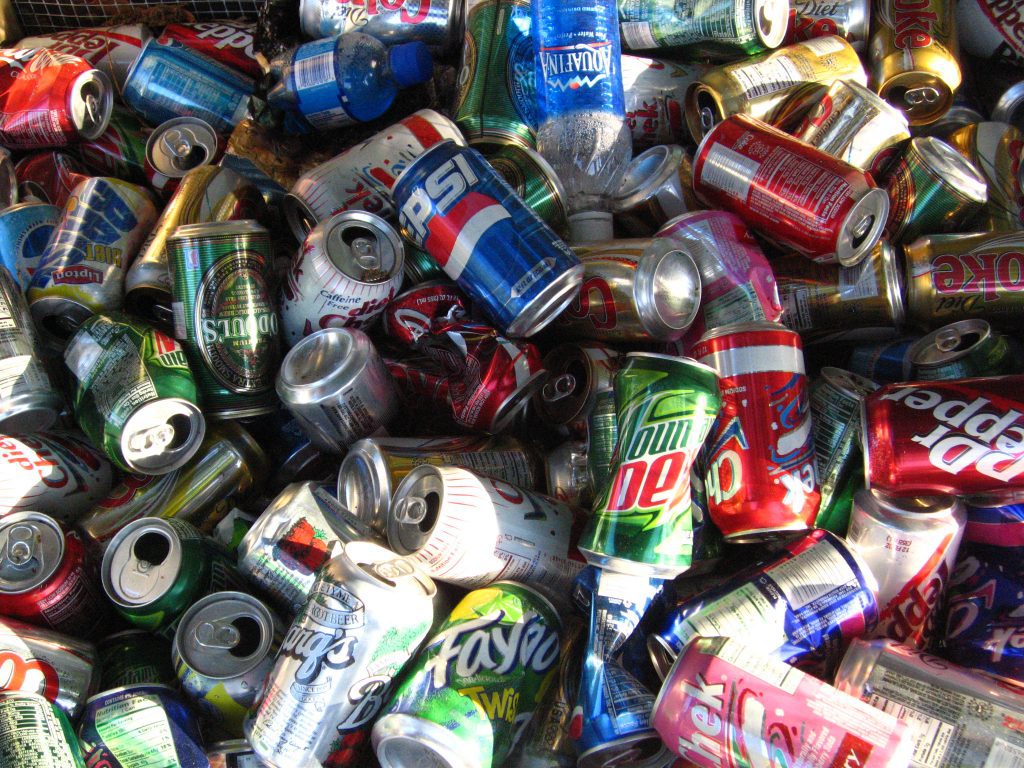Fructose and gout: Here you’ll discover if there’s a link between fructose and gout. The results of a recent study may surprise you…
Fructose and Gout
Avoiding high-purine foods in your diet is widely accepted as a key element in the prevention of gout. But there is another food item that is often overlooked in terms of an increased risk of gout…
A study published in 2008, which followed 46,393 men aged 40+ (with no history of gout) over a 12 year period, examined the relationship between the consumption of sugar-sweetened soft drinks and fructose and the risk of gout.
Fructose — sometimes called fruit sugar — is a simple sugar that naturally occurs, in varying concentrations, in fruit, vegetables and honey. And sugar-sweetened soft drinks invariably contain fructose in the form of high fructose corn syrup (HFCS) due to its very low cost and relatively high sweetness. It is also widely used in processed foods for the same reasons.
The study, carried out by Choi and Curhan and published in the BMJ (British Medical Journal) in 2008, suggested that the risk of gout increased as sugary drink and fructose consumption increased.
In particular, it found that just two sugar-sweetened soft drinks per day raised the risk of gout by as much as 85% compared to someone having no more than one such drink per month.
And those who took five to six such drinks per week raised their risk of gout by 29% compared to those having one sugar-sweetened soft drink per month.
The study showed that diet soft drinks were not associated with increased gout risk. These do not contain fructose but rather they use aspartame (the majority), sucralose or stevia as sweetening agents.
The data also suggested that fructose-rich fruit, vegetables and fruit juices also increased the gout risk. Here though, the authors were careful to point out that this needs to be balanced against fruit and vegetables’ important health benefits.
It is worth remembering that whereas fruit and vegetables contain essential nutrients, minerals, vitamins and fibre, sugar-sweetened drinks / sodas contain none of these benefits.
The mechanism for the link between fructose and a higher gout risk is that the consumption of fructose raises uric acid levels in the body. In fact it is the only sugar that can raise uric acid levels because it is metabolized in a different way compared to other sugars. Further, it is known that fructose can begin to raise uric acid levels in a matter of minutes after ingestion.
In conclusion, it seems clear that one of the key elements in reducing your risk of a gout attack is to avoid sugar. And for most of us that means avoiding sugary drinks / sodas and fruit juices. I would also add processed foods since these generally contain HFCS.

Infographic source: Fructose Overload




